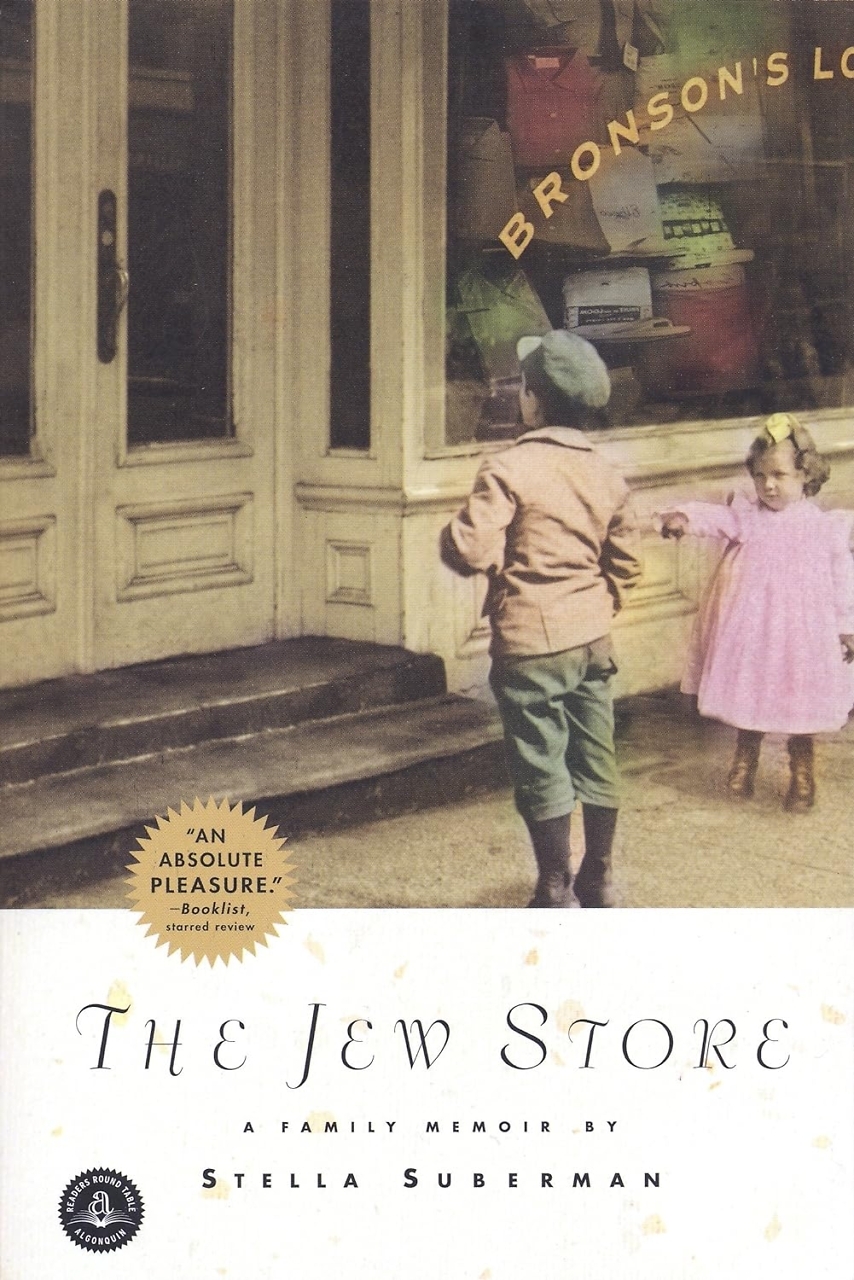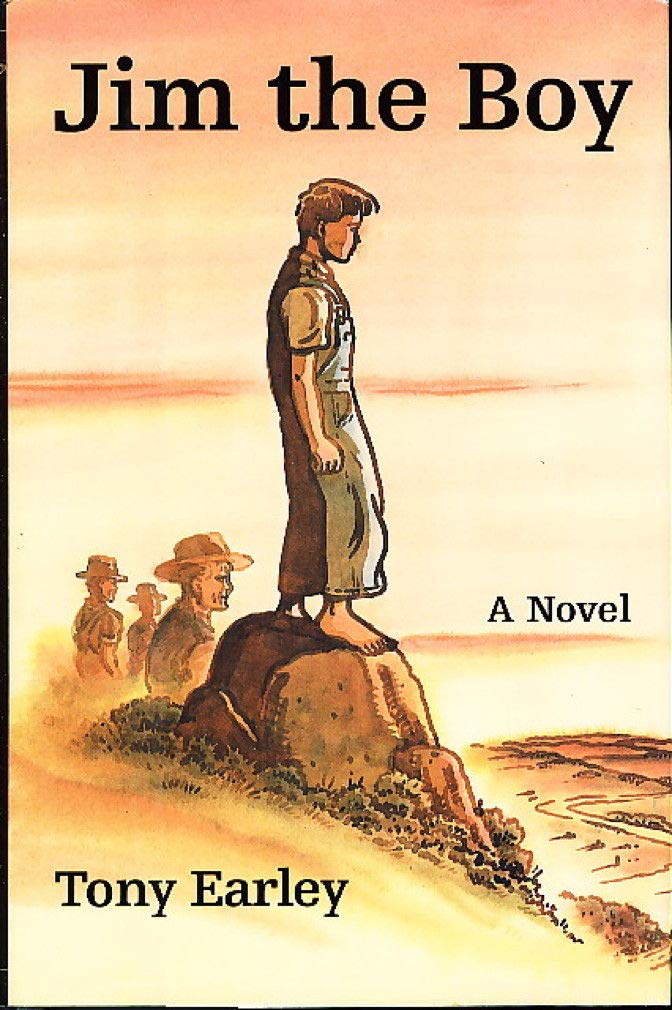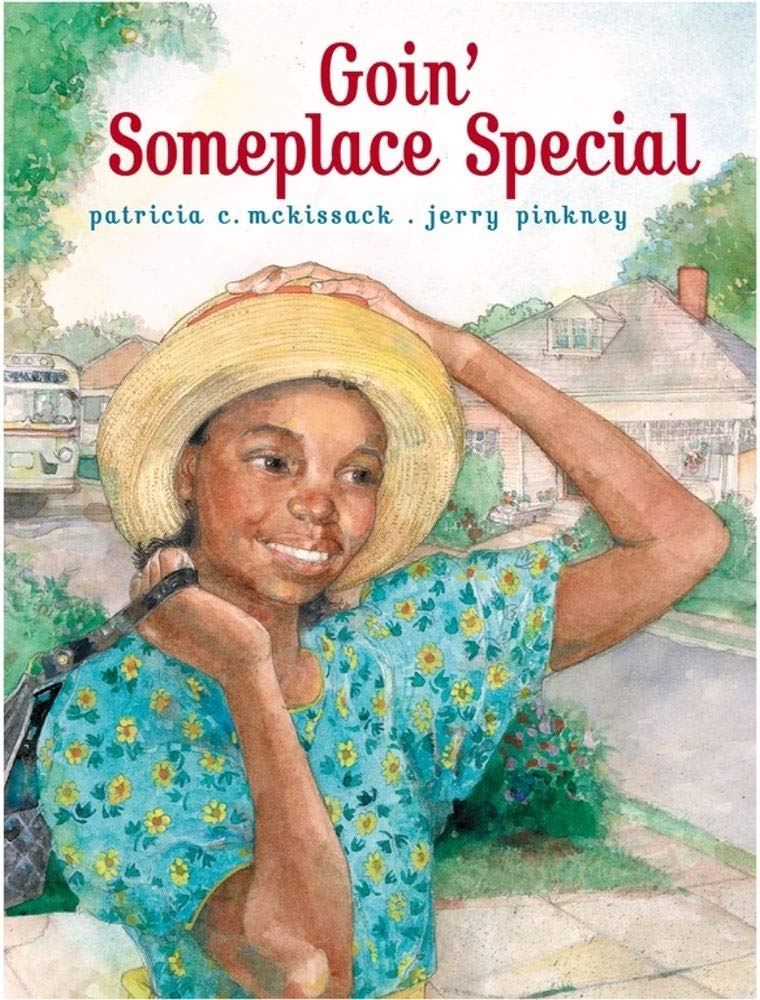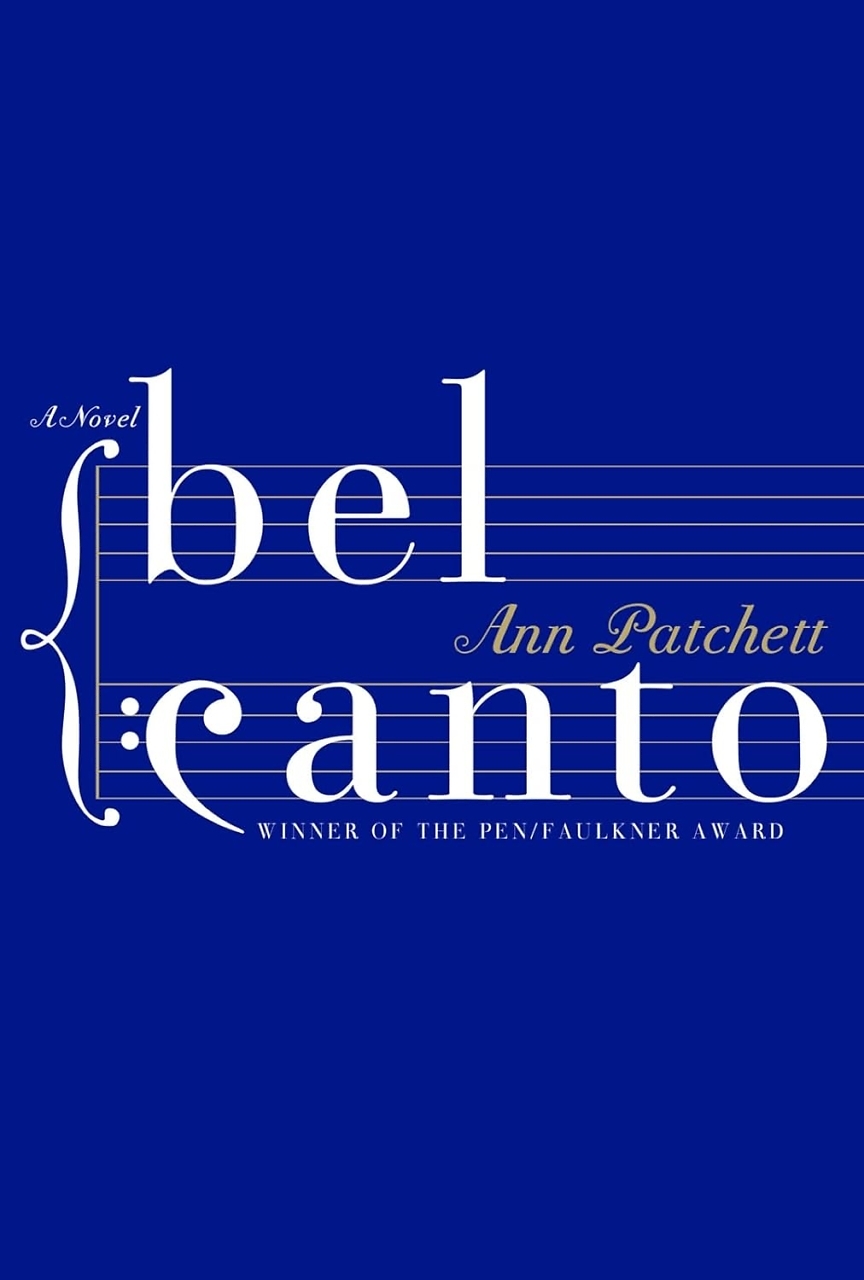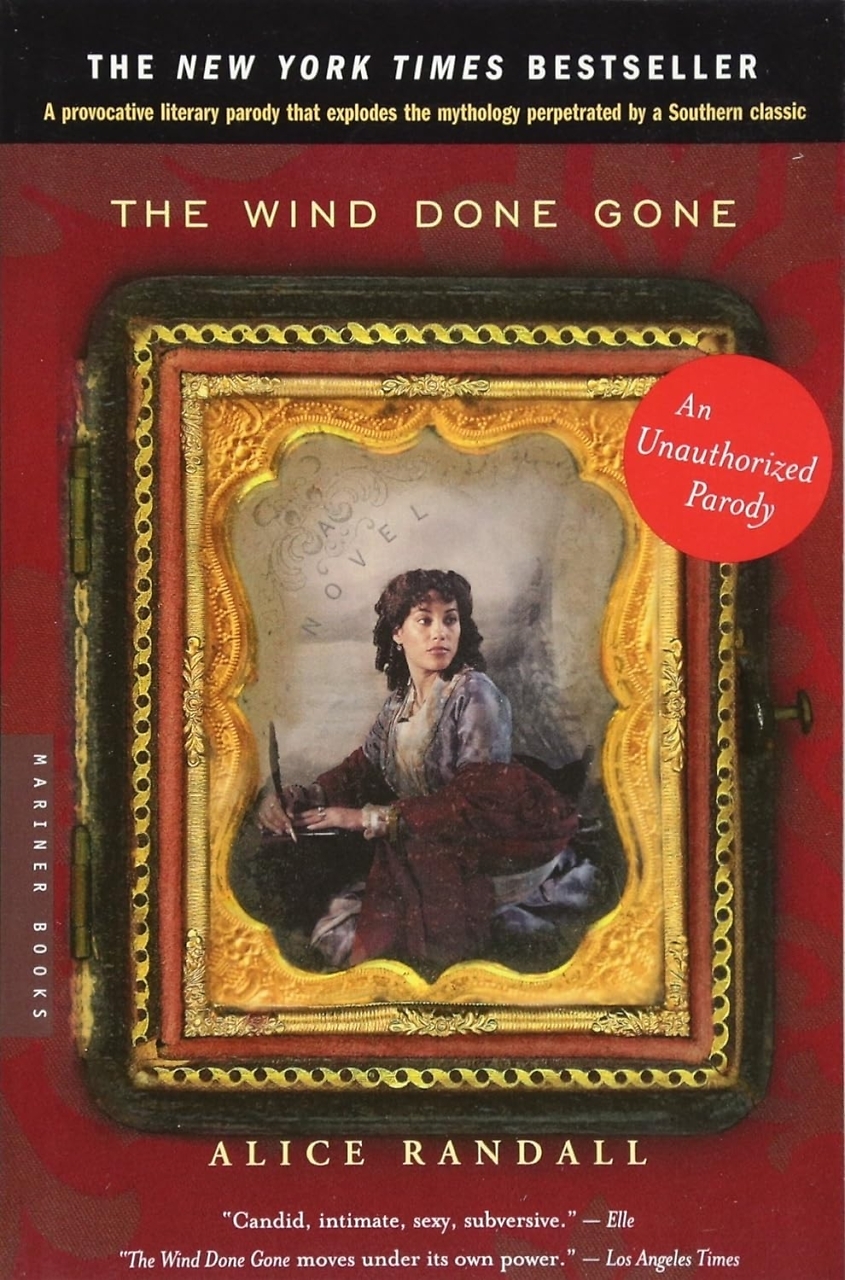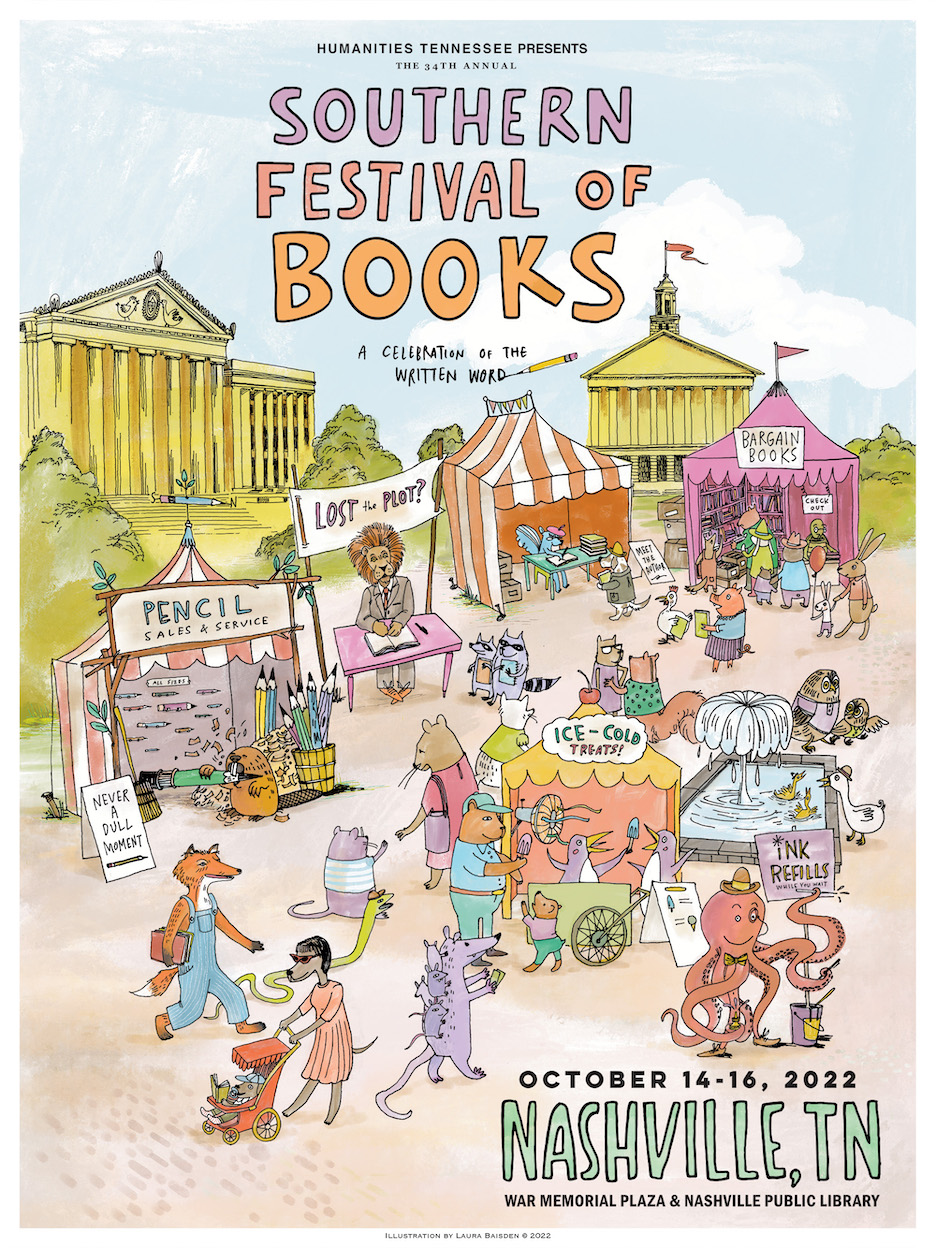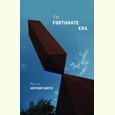The arrival of the 21st century was, to put it mildly, a fraught time. The Y2K problem created tremendous, sometimes life-changing anxiety before the new millennium even commenced. The much-anticipated calamity was mostly a dud, but the 2000 presidential election was contentious enough to stir everybody up again, culminating in a SCOTUS decision that remains controversial to this day. And of course, the tragedy of September 11, 2001, changed the country and the world in ways we still struggle to comprehend.
 In the midst of such upheaval, life and lesser events flowed on. Here in Tennessee, the Country Music Hall of Fame and Museum opened in a grand new facility in May 2001, and the Grizzlies announced their move to Memphis in July of that year. That same month, the state made national news with a rowdy and destructive anti-tax protest at the Capitol. The big story on the Tennessee book scene in 2001 also garnered national attention: The publication of Alice Randall’s The Wind Done Gone, a critical retelling of Margaret Mitchell’s iconic Confederate romance Gone with the Wind, was blocked when Mitchell’s estate sued for copyright infringement. Ultimately, the U.S. Court of Appeals for the 11th Circuit supported Randall and her publisher in their assertion that the new novel was a parody and thus protected under the fair use doctrine.
In the midst of such upheaval, life and lesser events flowed on. Here in Tennessee, the Country Music Hall of Fame and Museum opened in a grand new facility in May 2001, and the Grizzlies announced their move to Memphis in July of that year. That same month, the state made national news with a rowdy and destructive anti-tax protest at the Capitol. The big story on the Tennessee book scene in 2001 also garnered national attention: The publication of Alice Randall’s The Wind Done Gone, a critical retelling of Margaret Mitchell’s iconic Confederate romance Gone with the Wind, was blocked when Mitchell’s estate sued for copyright infringement. Ultimately, the U.S. Court of Appeals for the 11th Circuit supported Randall and her publisher in their assertion that the new novel was a parody and thus protected under the fair use doctrine.
Randall’s novel is joined by two others from Nashville-based writers in this 50 Books installment, along with a story of the Jim Crow era by an award-winning children’s author and a family memoir set in rural West Tennessee. Learn more about the 50 Books / HT50 project here, and go here to see all the project posts to date.
The Jew Store by Stella Suberman recalls the experience of Suberman’s parents as shopkeepers in 1920s Union City (called “Concordia” in the book). The story was adapted as a stage musical in 2017. (Algonquin Books, 1998)
Jim the Boy by Tony Earley, who grew up in North Carolina and is a longtime member of the Vanderbilt University faculty. He was elected to the Fellowship of Southern Writers in 2010. (Little, Brown and Company, 2000)
Goin’ Someplace Special by Patricia McKissack, an award-winning children’s author who was born in Smyrna and graduated from Tennessee State University. Goin’ Someplace Special is set in Nashville. (Atheneum Books for Young Readers, 2001)
Bel Canto by Nashvillian Ann Patchett. The novel, Patchett’s fourth book, received the PEN/Faulkner Award for Fiction and the Orange Prize for Fiction. (HarperCollins, 2001)
The Wind Done Gone by Alice Randall, a Detroit native who pursued a successful songwriting career in Nashville before turning to prose. She has been Writer-in-Residence at Vanderbilt University since 2006. The Wind Done Gone was her first published novel. (Houghton Mifflin, 2001)
"...Suberman recounts the story of her family’s sojourn as the only Jews in a rural Tennessee town in the 1920s. When Aaron and Reba Bronson arrived in Concordia, Tenn., (Suberman changed the town’s name for the book) in 1920 to establish a dry-goods store, the hamlet had a population of 5,318 and the expectations of more to come when a new shoe factory was slated to open shortly after. ... The vast majority had never seen a Jew but “knew” that the Jews had horns and had killed Jesus. Yet the response of the town to the presence of the Bronsons turns out to be, for the vast majority, a bemused tolerance growing in many cases into outright love. ...The book is by turns charming, funny, and moving, artfully but simply written and invested with a warm glow of family love. An admirable debut by Suberman, vividly told and captivating in its humanity." ~ Kirkus Reviews, July 1, 1998
"From its title to its closing sentence, Tony Earley's first novel returns to basics, back to modernness in the old sense of the word. It's not a big book, just a good one -- and in this instance ''good'' is higher praise than ''great.'' At a time when the latest, most souped-up version of something, a car or a computer program, say, is by reflex regarded as the best, Earley has had the courage to return to artistic first principles: clarity, balance, ease. Set in Depression-era North Carolina, his year-in-the-life story of a rural boyhood unmarked by parental abuse, erotic turmoil or domestic dysfunction seems strangely brave and new." ~ Walter Kirn in The New York Times, June 11, 2000
"McKissack draws from her childhood in Nashville for this instructive picture book. 'I don't know if I'm ready to turn you loose in the world,' Mama Frances tells her granddaughter when she asks if she can go by herself to 'Someplace Special' (the destination remains unidentified until the end of the story). ... An afterword explains McKissack's connection to the tale, and by putting such a personal face on segregation she makes its injustices painfully real for her audience." ~ Publishers Weekly, August 6, 2001
"Combining an unerring instinct for telling detail with the broader brushstrokes you need to tackle issues of culture and politics, Patchett ... creates a remarkably compelling chronicle of a multinational group of the rich and powerful held hostage for months. ... In pellucid prose, Patchett grapples with issues of complexity and moral ambiguity that arise as confinement becomes not only a way of life but also for some, both hostage and hostage-taker, a life preferable to their previous existence." ~ Kirkus Reviews, June 2, 2001
"On April 20, barely a month before the scheduled publication of Randall's retelling of 'Gone with the Wind' from a slave's perspective, a federal district court in Atlanta pulled the plug, ruling that the first-time author had engaged in 'unabated piracy' in the crafting of her tale. Whether the book ever makes it into readers' hands, it stands as a spirited reimagination of [Margaret] Mitchell's world, dependent on its predecessor for its context but independent in form and voice. ... Randall's account of the situation of slaves and mixed-race offspring in the antebellum South sometimes slides into a fantasy of empowerment, but her insights are frequent and sharp. Part playful fabrication, part bid for redemption, and full-on venture into our common literary past, her contested work is best defined as honest fiction." ~ Publishers Weekly, May 14, 2001

Humanities Tennessee is the state affiliate of the National Endowment for the Humanities (NEH). Founded in 1973, we continue to develop ways to connect, learn, and grow as a community.
 In the midst of such upheaval, life and lesser events flowed on. Here in Tennessee, the Country Music Hall of Fame and Museum opened in a grand new facility in May 2001, and the Grizzlies announced their move to Memphis in July of that year. That same month, the state made national news with a rowdy and destructive anti-tax protest at the Capitol. The big story on the Tennessee book scene in 2001 also garnered national attention: The publication of Alice Randall’s The Wind Done Gone, a critical retelling of Margaret Mitchell’s iconic Confederate romance Gone with the Wind, was blocked when Mitchell’s estate sued for copyright infringement. Ultimately, the U.S. Court of Appeals for the 11th Circuit supported Randall and her publisher in their assertion that the new novel was a parody and thus protected under the fair use doctrine.
In the midst of such upheaval, life and lesser events flowed on. Here in Tennessee, the Country Music Hall of Fame and Museum opened in a grand new facility in May 2001, and the Grizzlies announced their move to Memphis in July of that year. That same month, the state made national news with a rowdy and destructive anti-tax protest at the Capitol. The big story on the Tennessee book scene in 2001 also garnered national attention: The publication of Alice Randall’s The Wind Done Gone, a critical retelling of Margaret Mitchell’s iconic Confederate romance Gone with the Wind, was blocked when Mitchell’s estate sued for copyright infringement. Ultimately, the U.S. Court of Appeals for the 11th Circuit supported Randall and her publisher in their assertion that the new novel was a parody and thus protected under the fair use doctrine. 
